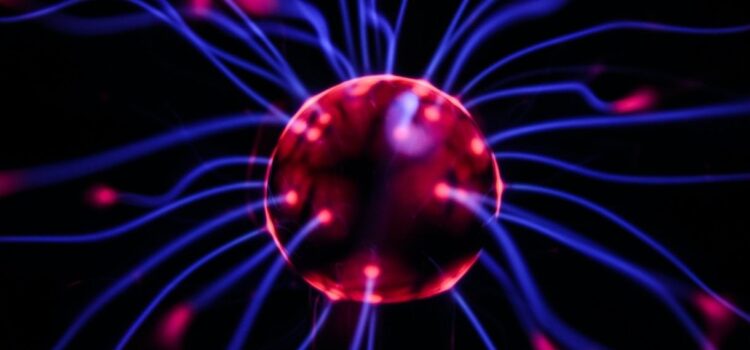What do we know about the psychology of happiness? What are the two main routes for achieving happiness, from a psychological standpoint? At a high level, the research on the psychology of happiness posits two approaches for achieving and maintaining happiness. The first approach deals with expectation-driven happiness which depends on personal expectations. The second approach deals with biochemical or drug-induced happiness. Keep reading to learn about the psychology of happiness.
The Psychology of Happiness: Two Ways to Be Happy










